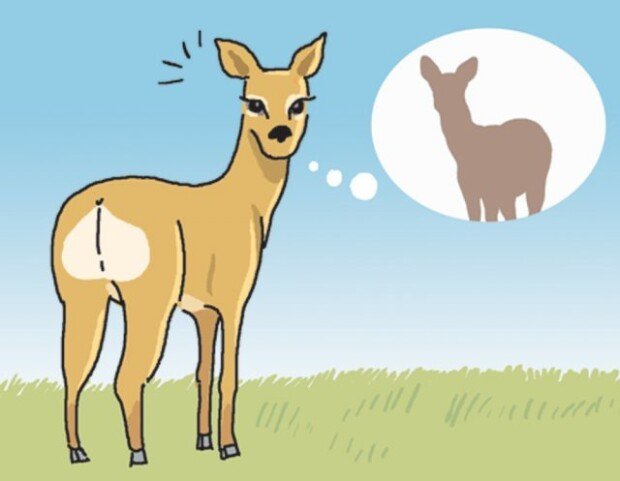Record of regret
Record of regret
Posted January. 13, 2021 08:35,
Updated January. 13, 2021 08:35

Compassion for others is the basis of art. Hahm Min-bok is a poet who remains faithful to that basis. For him, not only human beings but animals are an object for compassion.
One day, the poet ran into a snake on the field while he was going to the bathroom. What he could only think of was killing it because it was a dangerous creature. Nearly two-thirds of the snake’s body was inside a hole. He poked the snake with a stick. The snake hid inside the hole with its tail cut off. He briefly thought of setting a fire inside the hole but did not. After five days inside the hole, the snake finally got out and died. In the meantime, its snakelets survived and ran away.
Hahm felt sorry for the snake and wrote a poem. In the poem, he shifted the point of view from himself to others by contrasting, “People who say/ they are appalled/ every time they see snakes” with “Snakes, rocks, trees, and the sky/ may have been appalled/ every time they see humans” In another poem titled, “Reflection,” he shifts the point of view in an expression of apology. “I have always/petted the dog/ and washed my hands/ From tomorrow I’ll wash my hands first/ and then pet the dog.” To wash his hands after petting the dog means he puts himself first but to wash his hands first before petting the dog means he puts the dog first. The poet felt sorry for the dog because he always put himself first before the dog. That feeling of regret turned into a poem.
His short story about deer hunting is also the result of regret. One fall day, the poet and some people in the village went on roe deer hunting. They drove a deer into the rice field but it was impossible to catch it because it was so fast. They eventually missed the deer. But the deer came back after some time and hid in the lush rice field. They thought it was their chance. When they were closing in on the deer, another deer suddenly jumped out of the field. There were two of them. The deer that ran away came back because of the other deer. People lowered the stick because they felt sorry for them. The poet put that feeling into words.
As can be seen from these examples, art is sometimes a record of regret for the weak and the powerless in this world. Like French philosopher Emmanuel Levinas said, it is a heart that does not look away “the tears of the other.”
Headline News
- Joint investigation headquarters asks Yoon to appear at the investigation office
- KDIC colonel: Cable ties and hoods to control NEC staff were prepared
- Results of real estate development diverged by accessibility to Gangnam
- New budget proposal reflecting Trump’s demand rejected
- Son Heung-min scores winning corner kick







